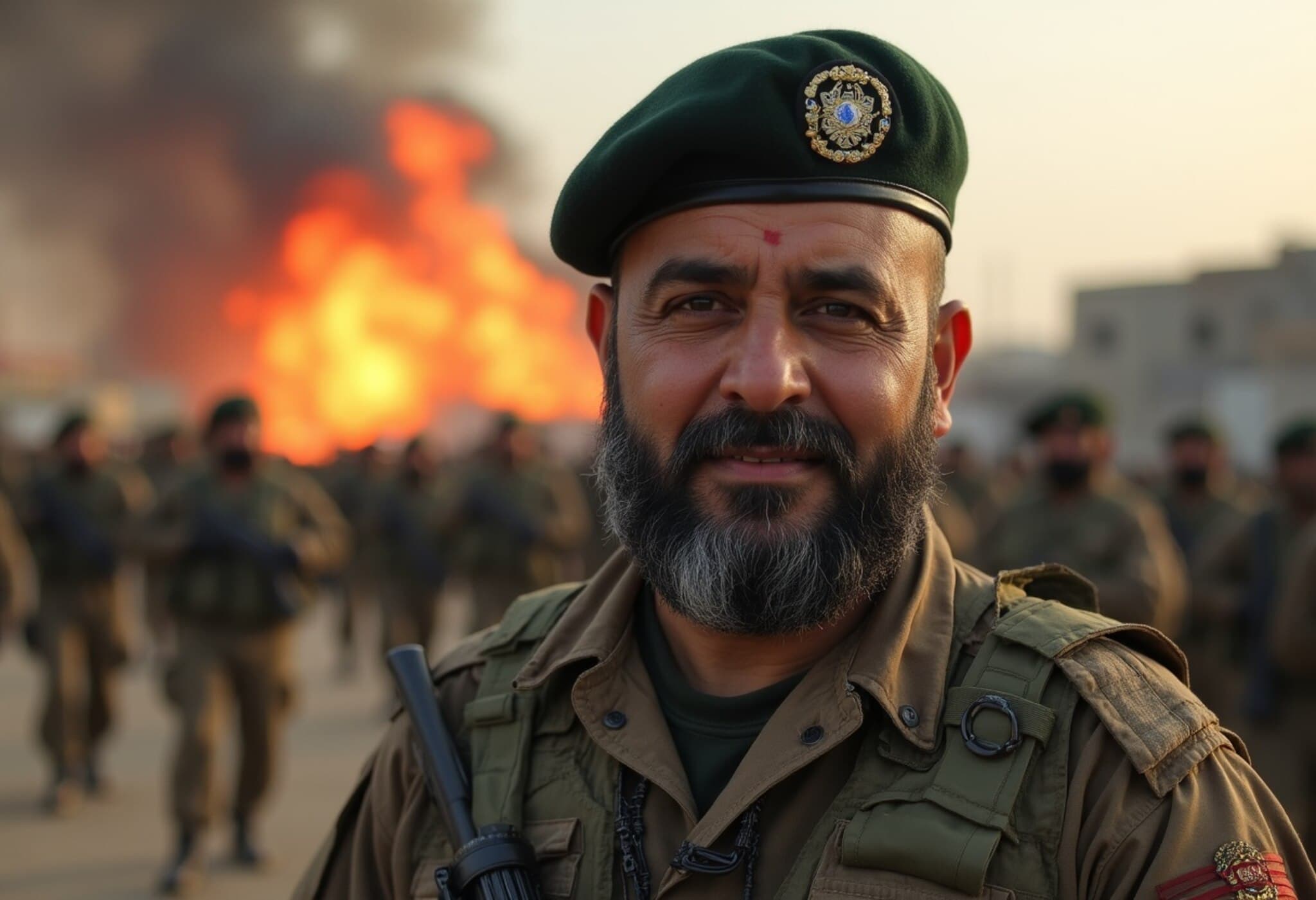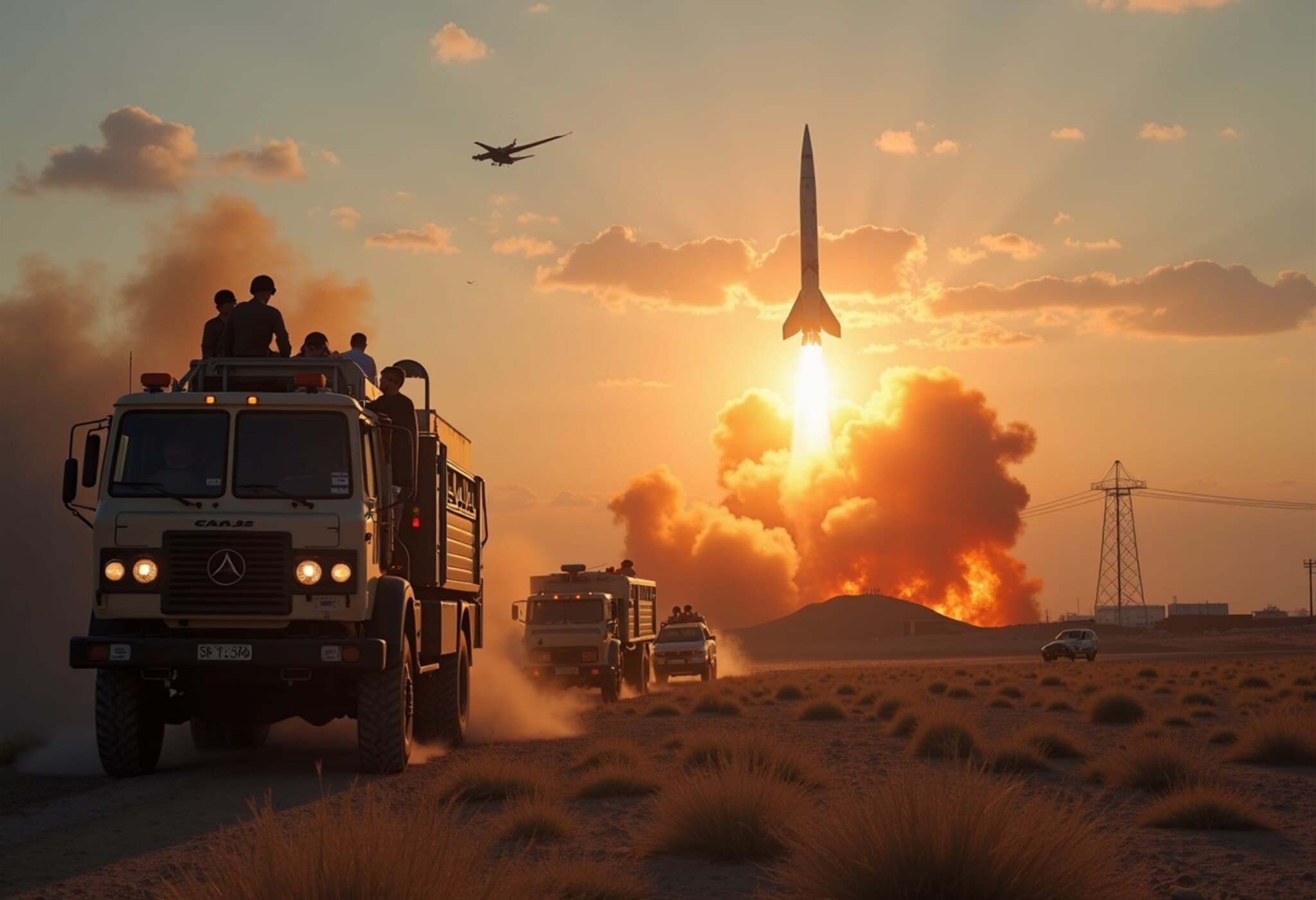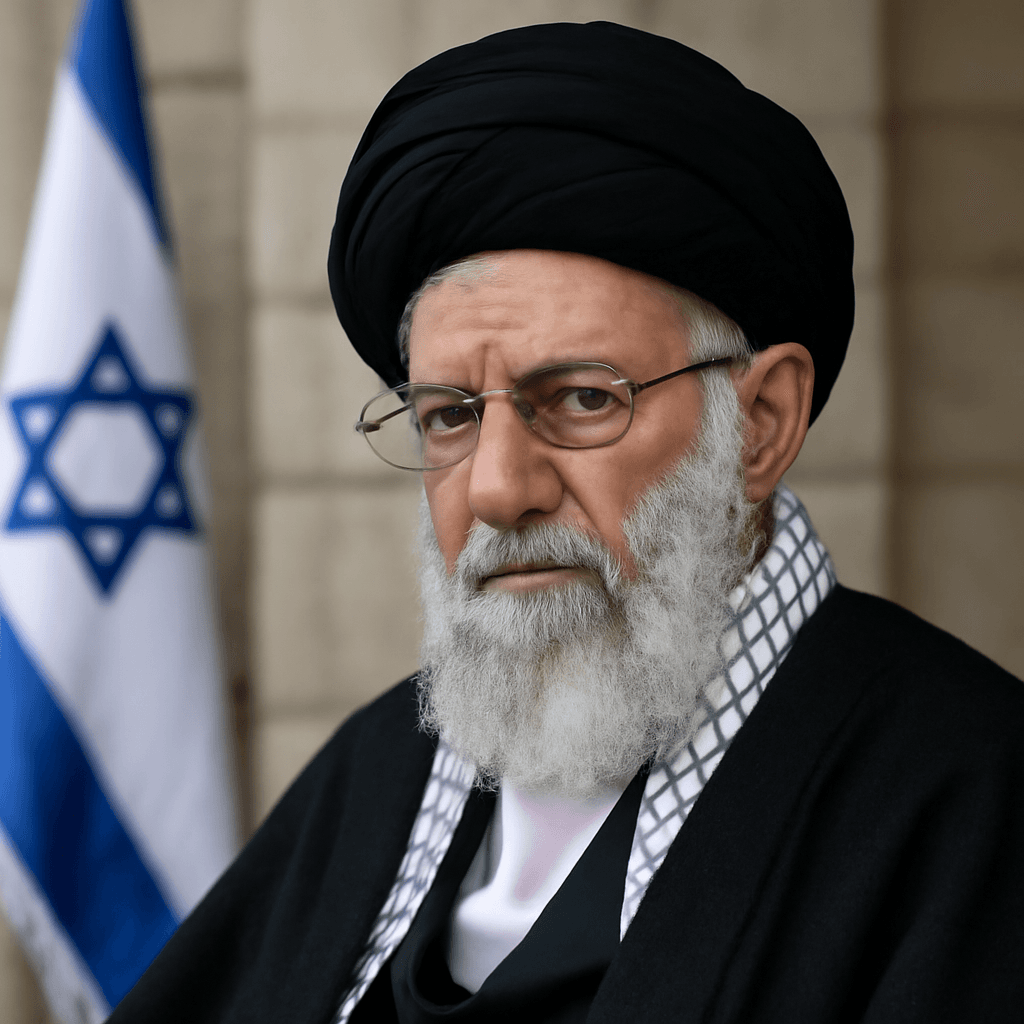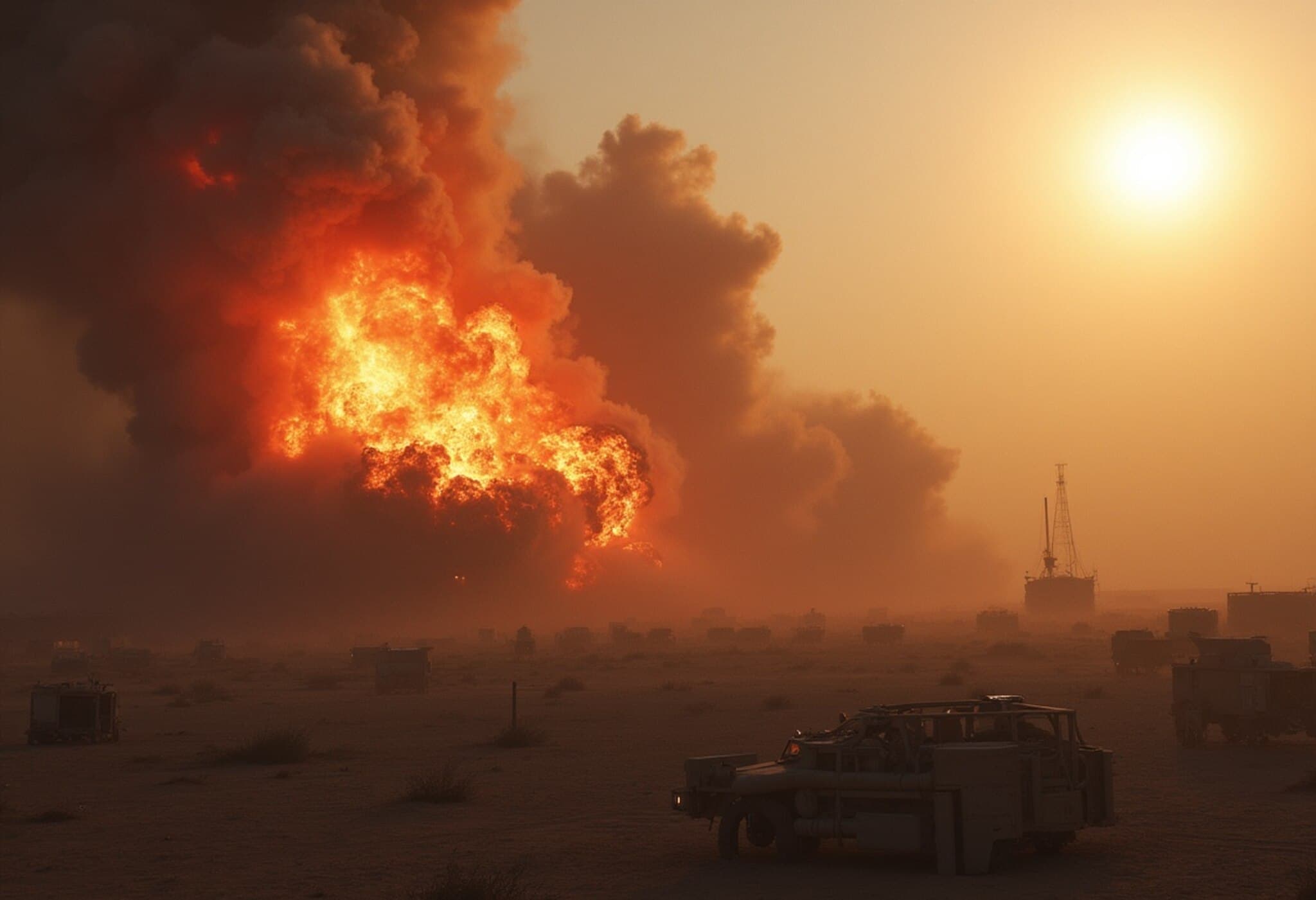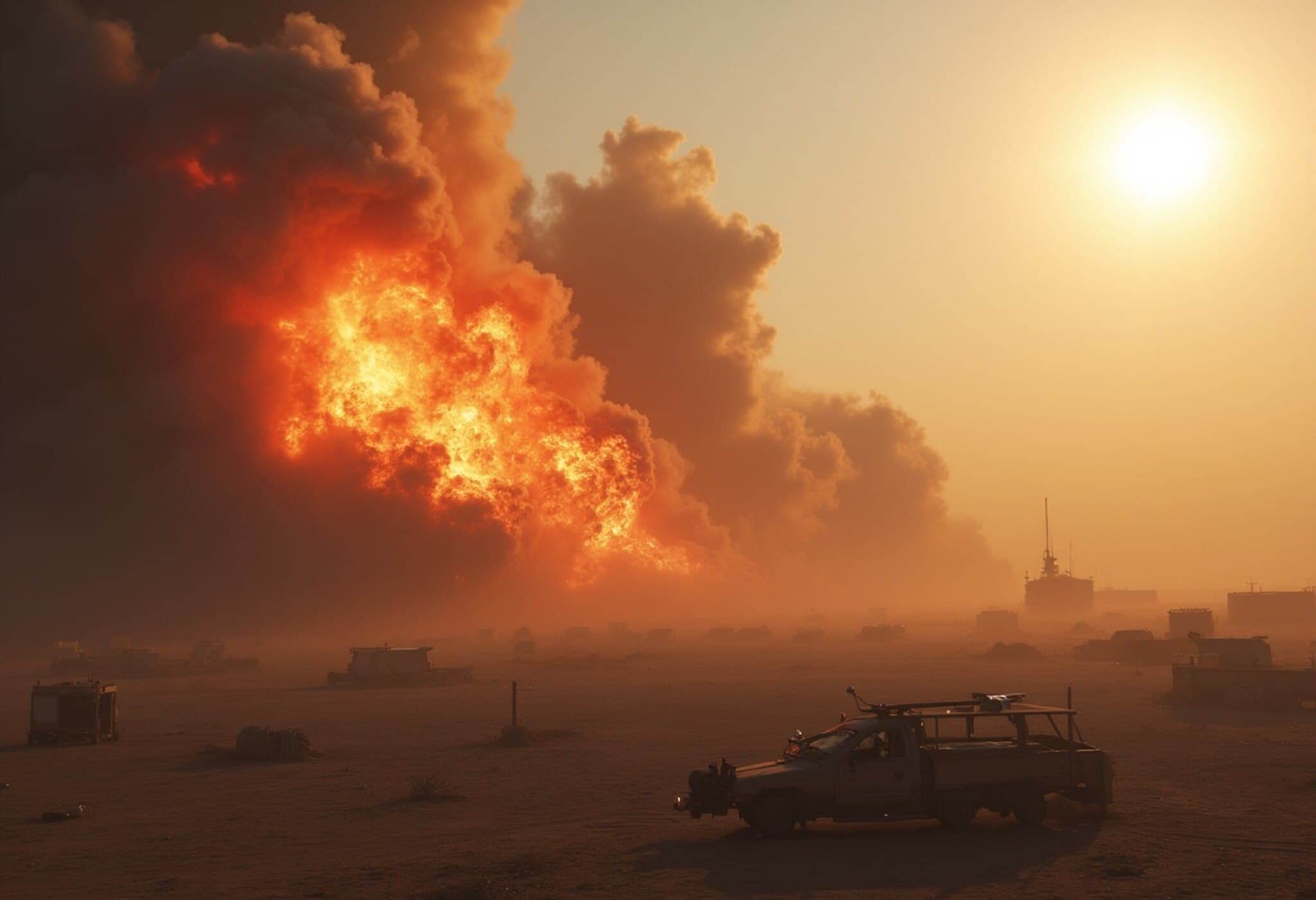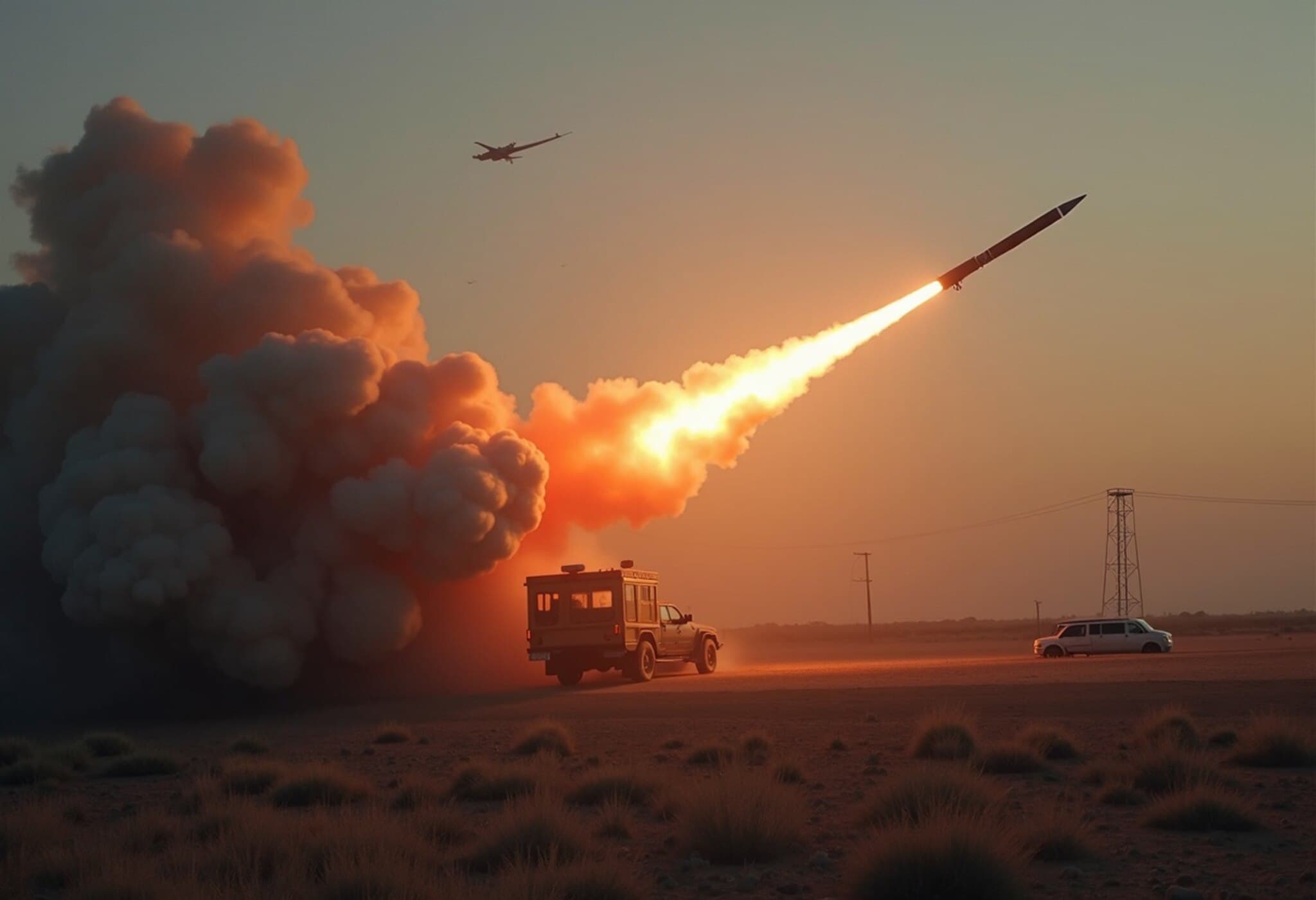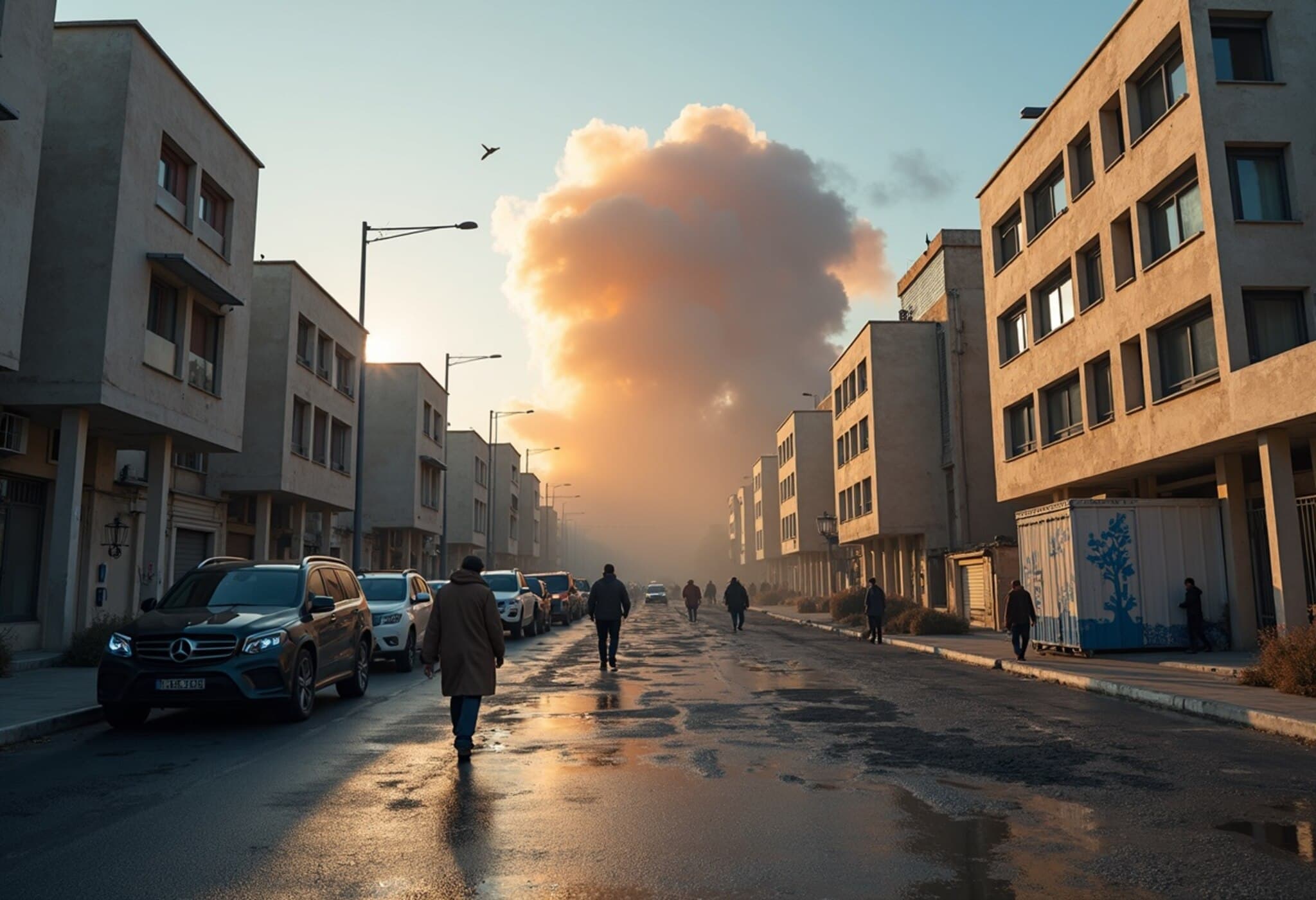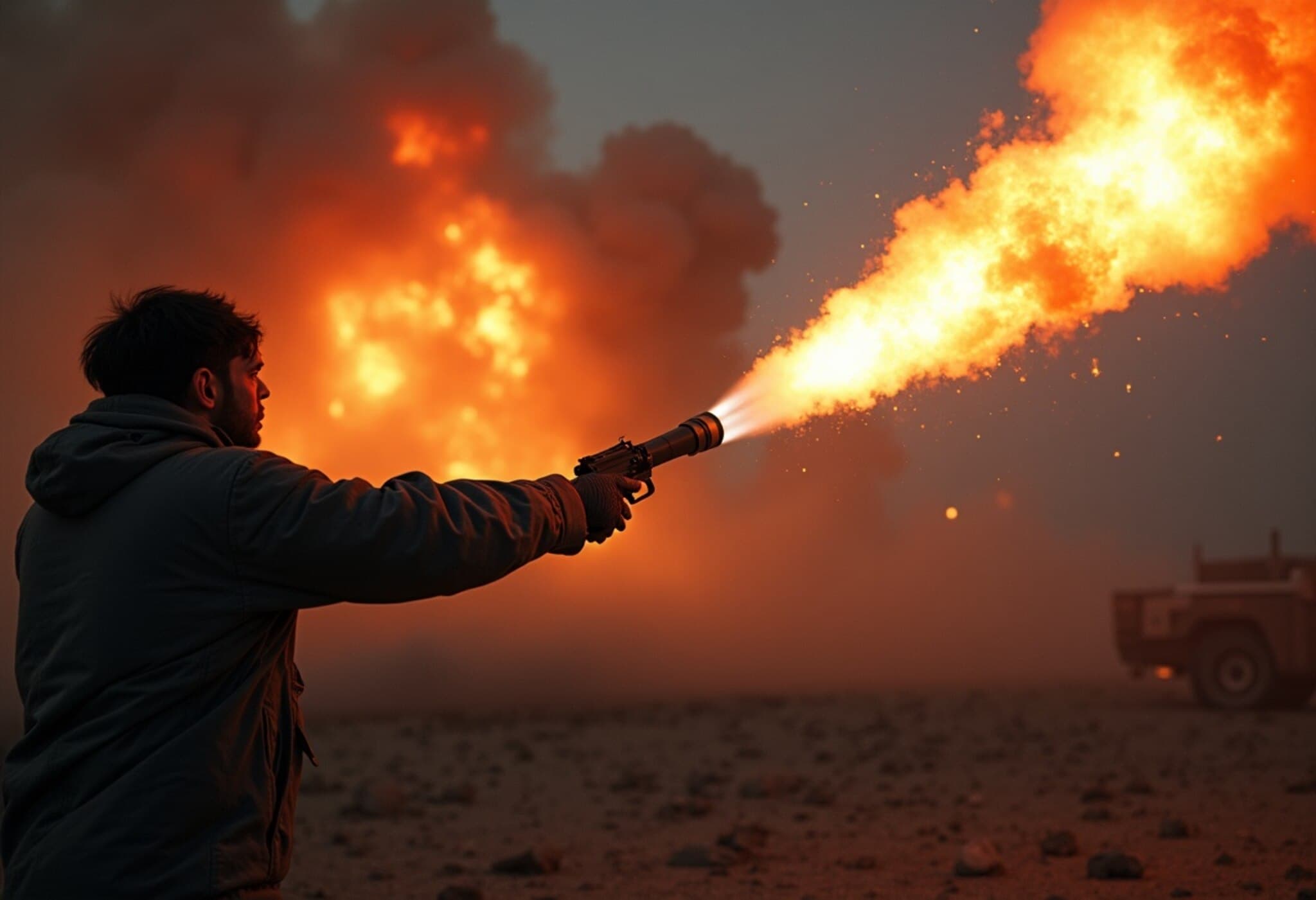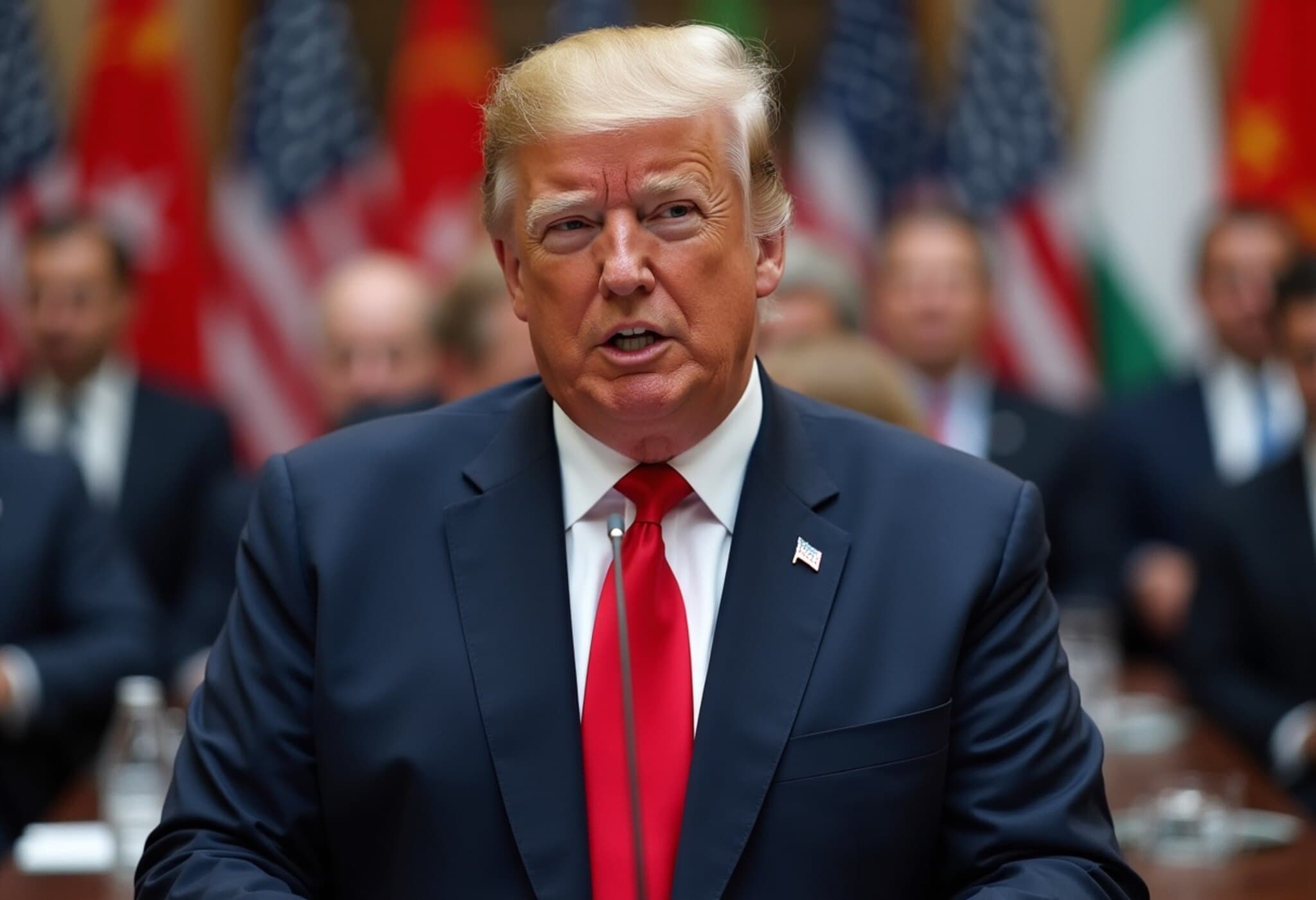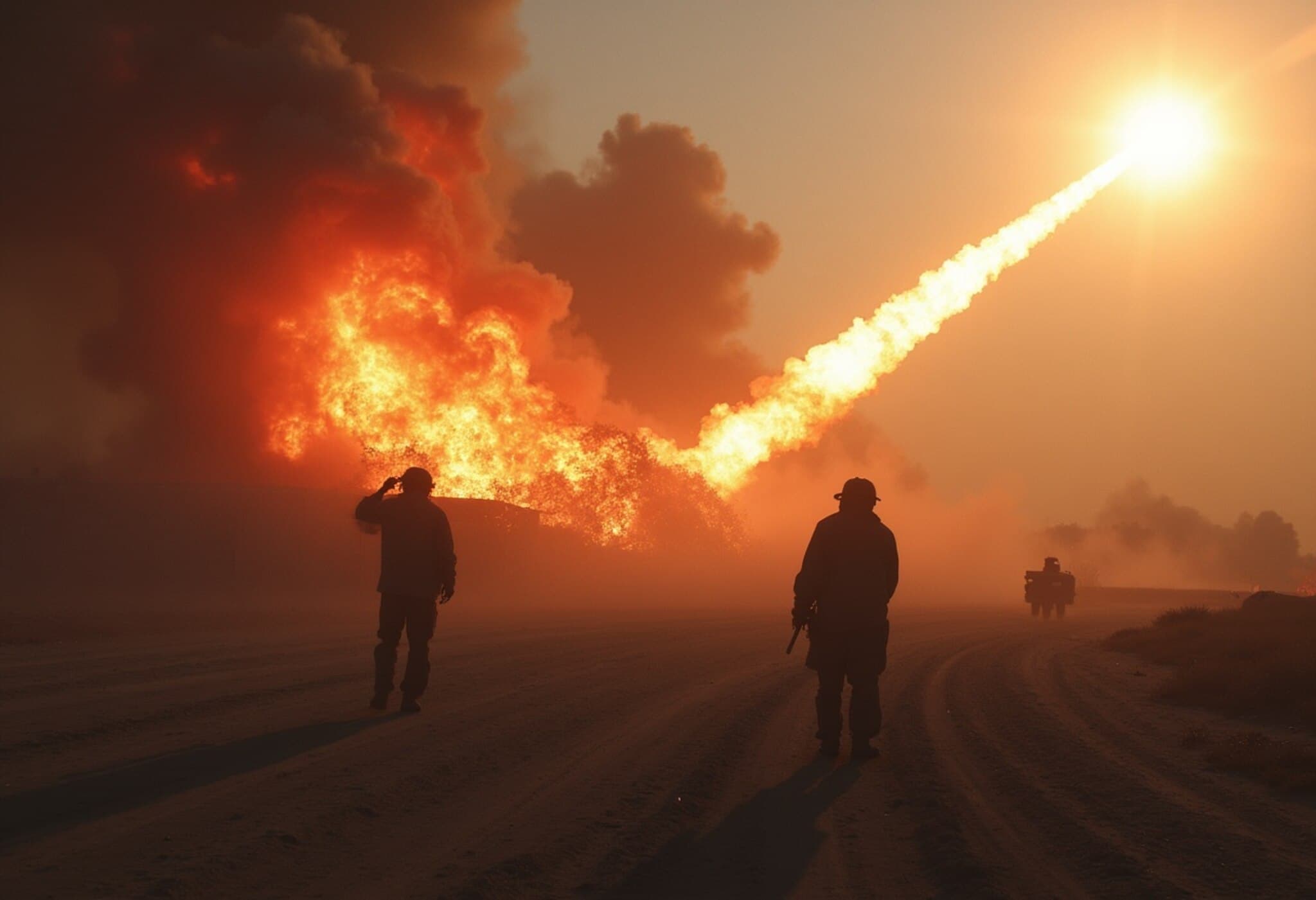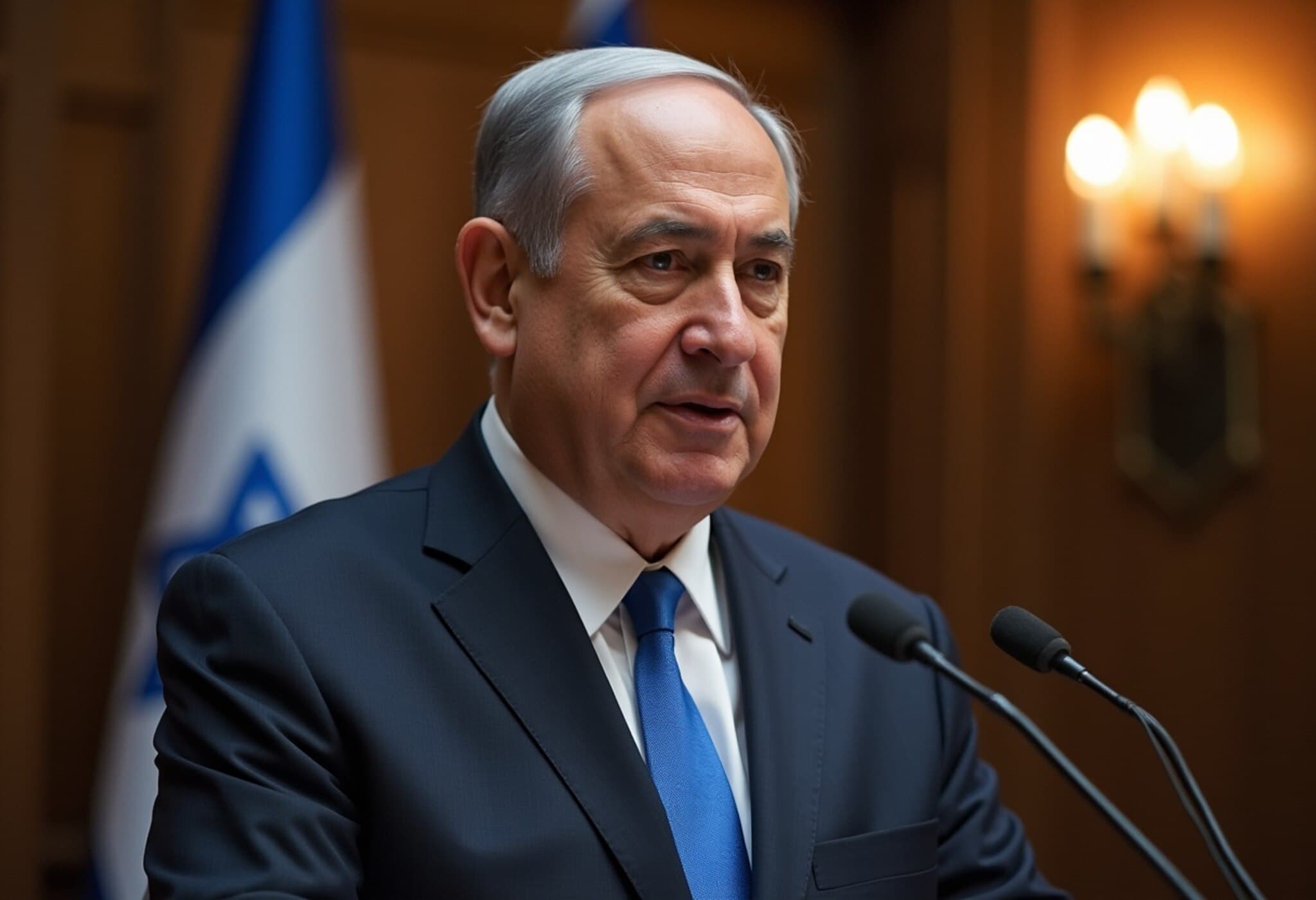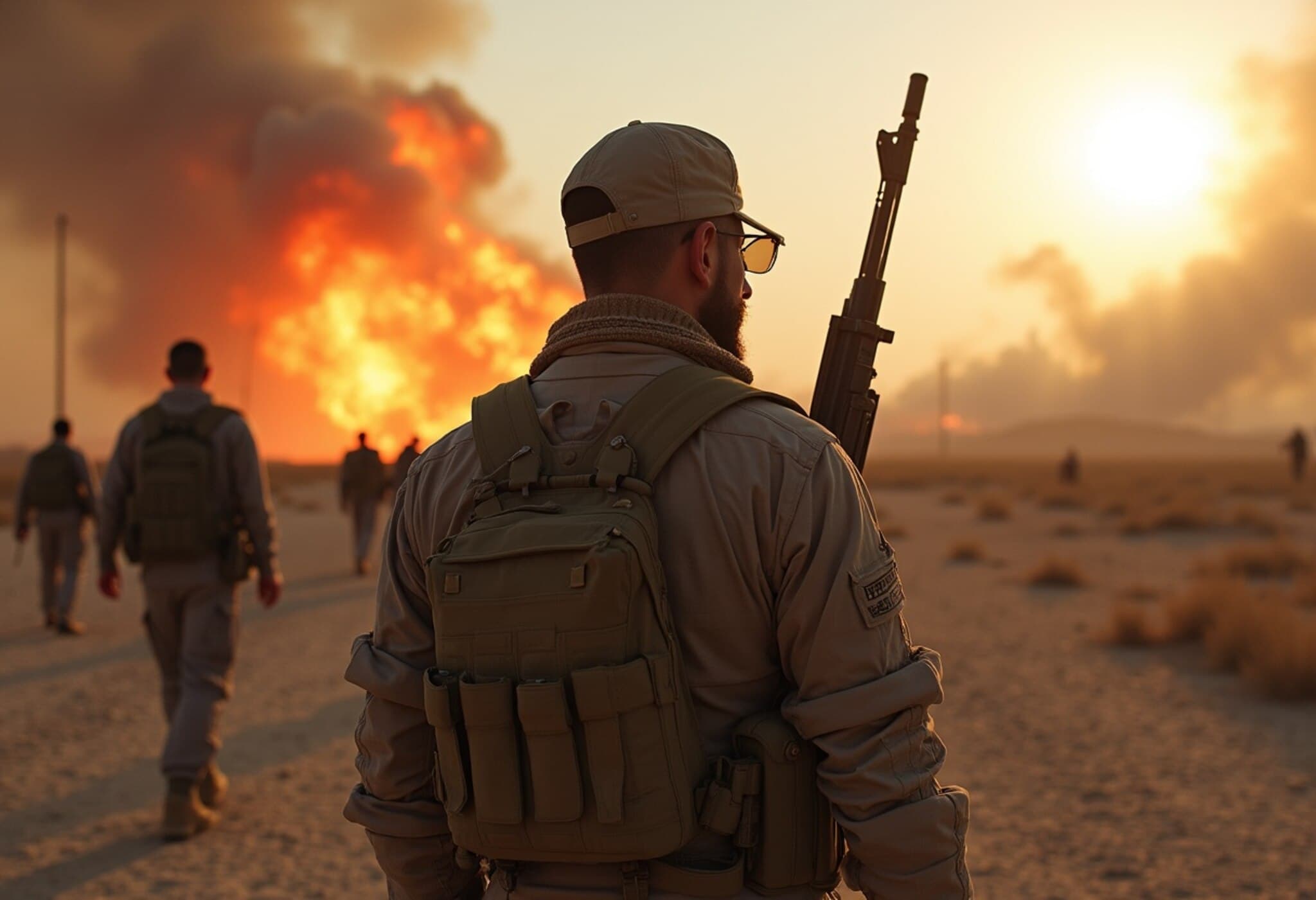Israel Strikes Key Hezbollah Leader Amid Regional Tensions
The Israeli military confirmed on Friday that it killed a senior Hezbollah commander in southern Lebanon, citing urgent concerns over immediate threats to its northern border. This move marks an escalation in a series of targeted operations as tensions escalate between Israel and Iran.
Elimination of Mohammad Khadr al-Husseini
The commander, Mohammad Khadr al-Husseini, was identified by the Israel Defense Forces (IDF) as a prominent figure within Hezbollah's military operations. He was allegedly involved in orchestrating several attacks on Israeli cities such as Nahariya and Haifa. Moreover, al-Husseini was reportedly instrumental in rebuilding Hezbollah’s artillery capabilities, which had been weakened over recent months.
Responding to this development, the IDF stated, "His activities breached the established understandings between Israel and Lebanon. The IDF will persist in its efforts to neutralize any threats to Israel’s security."
Further Strikes in Southern Lebanon
This latest operation is part of a broader Israeli campaign. Just days earlier, on Wednesday night, two other Hezbollah commanders were taken out in a strike in the Nabatieh region. Among them was Mohammad Ahmad Khreiss, who led Hezbollah’s anti-tank missile unit based in Chebaa. Khreiss was reportedly responsible for a deadly April 26 attack on Mount Dov that claimed the life of an Israeli military contractor.
Hezbollah’s Response and Israel’s Firm Stance
Shortly before these strikes, Hezbollah’s Secretary-General Sheikh Naim Qassem vocally expressed unwavering support for Iran and condemned what he described as "brutal Israeli-American aggression." His remarks prompted a sharp retort from Israel’s Defense Minister, who warned of worsening repercussions.
Israel’s Defense Minister declared, "Hezbollah's leadership has not learned from past experiences. Terrorism will not be tolerated, and there will be no place for Hezbollah if they continue these threats." He stressed that patience has run thin, urging the group and their associates to reconsider their hostile actions.
The Broader Context: Iran's Proxy Network Under Pressure
Israel’s intensified airstrikes come as critics question the effectiveness of Iran’s so-called "Axis of Resistance," which encompasses groups like Hezbollah, the Houthis in Yemen, Shiite militias in Iraq, and Hamas in Gaza.
Interestingly, despite increasing Israeli operations deep into Iranian territory and allied zones, these proxies have largely remained restrained. Hezbollah, traditionally seen as Tehran’s most potent non-state proxy, has notably reduced its operational tempo since the onset of Israel's focused campaign. The group faces significant hardships, including the assassination of its former leader, disrupted weapons supply lines due to regional upheavals, and dwindling financial backing amid Iran’s economic challenges.
Looking Ahead
As Israel continues its precision strikes targeting key figures and infrastructure within Hezbollah in Lebanon, the fragile regional balance remains under threat. The evolving situation highlights the complex interplay between Israel’s security imperatives and Iran’s regional influence, with both sides testing each other's limits amid a volatile landscape.

